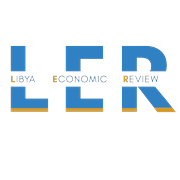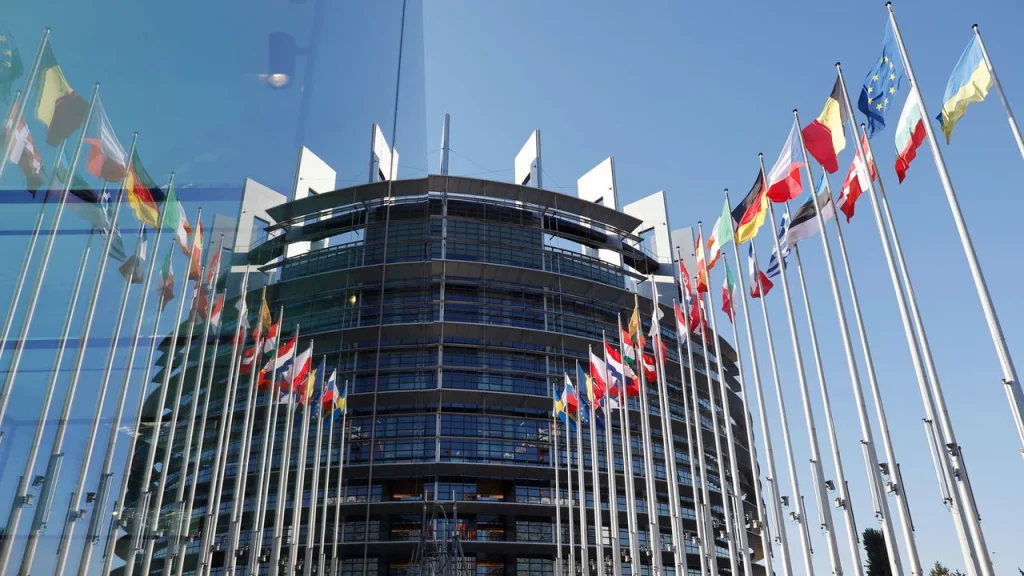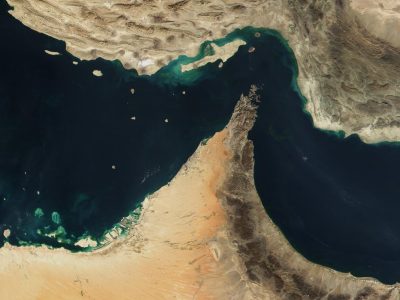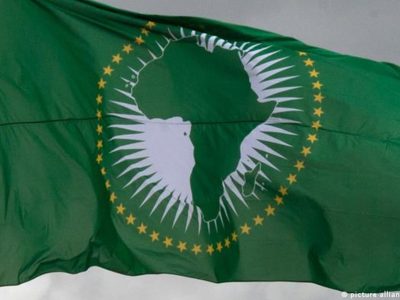EU Libya Migration Cooperation Under Fire as MEPs Demand Halt to Funding
Nearly 40 members of the European Parliament (MEPs) from across the political spectrum have written to the European Commission demanding that the EU immediately halt all support – financial, technical or operational – to Libya’s security agencies involved in migration control. The group’s letter points to what it calls “violent practices by the Libyan Coast Guard against international rescue ships” and numerous documented “attacks” on migrant boats. Signatories, drawn from the Socialists, Renew, Greens and Left blocs, warned that continued cooperation with Libya’s coast guard and immigration directorate “constitutes a blatant misuse of EU funds, contradicts European values, further destabilizes Libya’s fragile peace process” and undermines the EU’s credibility as a foreign policy actor.
Libya’s interim Government of National Unity (GNU) in Tripoli nominally oversees the Libyan Coast Guard and the Directorate for Combating Illegal Migration (DCIM), while a rival administration in the east (backed by General Khalifa Haftar’s Libyan Arab Armed Forces) controls much of the country’s interior security apparatus. In recent weeks a Libyan delegation including officials from both Tripoli and the parallel Benghazi government visited Brussels for migration talks. EU officials described the meetings as “constructive and open,” and said representatives from both sides agreed “respect for human rights must always come first in any cooperation”.
Despite this agreement, the MEP letter underscores growing concern in Europe over the effects of the EU’s Libya migration policy. Over the past decade, Brussels has poured hundreds of millions of euros into training and equipping the Libyan coast guard as part of a strategy to stem the flow of migrants to Italy and other EU states. In Tripoli, Italian and EU programs have supplied patrol boats and technical support under a 2017 Italy-Libya memorandum on migration, extended in 2025, and broader EU Trust Fund projects. Brussels insists that continued engagement and investment in Libya’s coast guard is the only realistic way to improve conditions and manage migration flows.
Divided Governance and Security Cooperation
Libya’s internal divisions make consistent policy especially challenging. In Brussels, this fragmentation was on display. The Libyan delegation included figures from both Tripoli and Benghazi, reflecting an uneasy cooperation for the talks. EU officials say such dialogue is essential. A commission spokesperson, Guillaume Mercier, emphasized that cutting ties would undermine efforts “to improve the situation”. He noted that Libya is a country in transition and that continuing engagement at multiple levels remains the EU’s policy.
The nation’s institutions themselves have offered little public reaction to the MEPs’ letter. Interior Ministry and coast guard spokesmen have generally brushed off criticism. The Government of National Unity, eager to show it controls the coast guard, has not signaled a change in policy or requested a halt to EU cooperation, perhaps fearing loss of funding and support for its embattled economy. In the east, the parallel authorities led by Haftar’s HoR have long resented western backing of Tripoli’s government and resent what they see as unchecked militias on the coast.
On the ground in Libya, migrants and local communities feel the human impact. Thousands of displaced Africans wait in makeshift camps, and both sides of Libya’s divide struggle to manage the issue. Some coastal residents see European funding as helping to keep migrant flows down; others fear it has empowered militias. But given the lack of a unified security command, even a pause in EU support could produce unpredictable reactions.
Migration Flows and European Responses
Whatever EU officials decide, the migration data underline why cooperation with Libya has been such a priority. The Central Mediterranean route – the sea passage from Libya and Tunisia to Italy – still accounts for a large share of Europe’s refugee arrivals. In 2024, Italy recorded about 65,500 arrivals by sea, a 58% drop from 2023. This decline was largely due to fewer departures, but the majority of those who did make it to Italy last year left from Libya (about 41,500 people, 67% of sea arrivals). Many of those intercepted at sea were turned back to Libya’s shores. In the last quarter of 2024, over 11,000 people were rescued or boarded by the Libyan coast guard and returned to Libyan detention centers.
The sharp fall in arrivals owes much to the Italy-Libya pact: arrivals peaked at more than 180,000 in 2016 (before the deal), then fell dramatically. According to EU figures, between 2015 and 2021 the bloc spent roughly €465 million on Libya to support migration and border management, including projects via Frontex and development funds. Italy alone donated dozens of patrol boats and €42 million through trust funds. Brussels’ aim has been to outsource border control: in effect, Libya stops or “pulls back” migrants who would otherwise reach Europe.
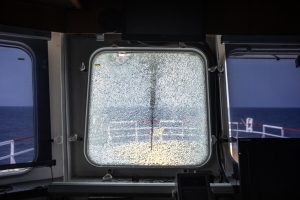
This policy is now under fire at home. In Rome, the governing coalition (Brothers of Italy, Lega, and others) successfully voted in October to renew the 2017 Libya memorandum, despite opposition objections. Ruling-party deputies argued that the pact has kept numbers low and must continue. Opposition parties and rights advocates, however, have demanded a suspension of cooperation, warning that forced returns to Libya violate the international ban on refoulement.
For policymakers, the debate reflects a wider dilemma in Mediterranean migration policy. Critics like Italian MP Matteo Orfini accuse Rome and Brussels of “outsourcing dirty work” to Libya’s armed groups. Some EU analysts warn of a boomerang effect: if EU support is cut, Libya might accelerate departures to pressure Europe. Scholar Diana Volpe notes, “Libya holds… important leverage over Italy” much like Turkey does over the EU, by threatening to loosen its grip on migrants.
European Commission officials have so far played down such threats. After the shooting incidents, Mercier said Brussels would await the developments of the investigations in Libya. He reaffirmed that the EU’s “do no harm” policy still justifies engagement. But the MEP letter and the Italian debate signal rising skepticism. Even if Brussels does not immediately bow to the demands to cut funding, it now faces pressure to reform its approach. Some proposals include shifting rescue operations to EU-led missions and conditioning further aid on concrete rights guarantees.
The European Parliament’s intervention underlines that Libya’s internal dynamics and Europe’s external policy are tightly interlinked. Any change in EU support will ripple through Libya’s complex power structure. A halt to funding might weaken coastal patrols and destabilize Dbeibah’s government in the west, but could also embolden militia networks – particularly if eastern authorities interpret it as a rebuke of all Libyan forces. Conversely, pressing for accountability could help push Libya’s rival factions toward unified migration rules. In the meantime, migration from Libya shows no sign of disappearing: with over 1,100 people still dying at sea in 2024, Europe’s use of Libya as a gatekeeper remains controversial and consequential for both sides.
